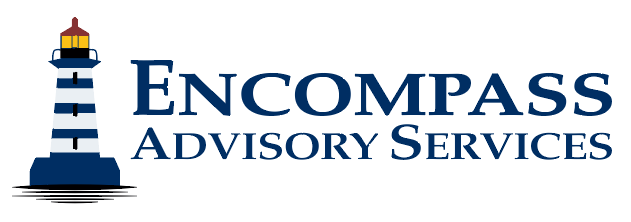Financial Planning Services FAQs
Whether you're seeking retirement planning, investment advice, or estate planning, our FAQs serve as a reliable resource to kickstart your journey towards financial well-being. Take the time to explore them, and feel free to reach out with any further inquiries. We're here to guide you every step of the way.










